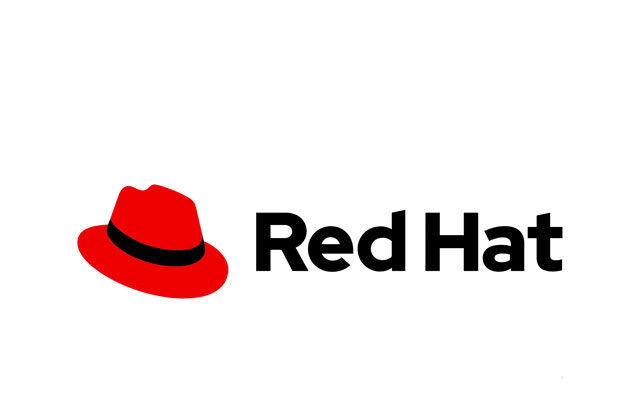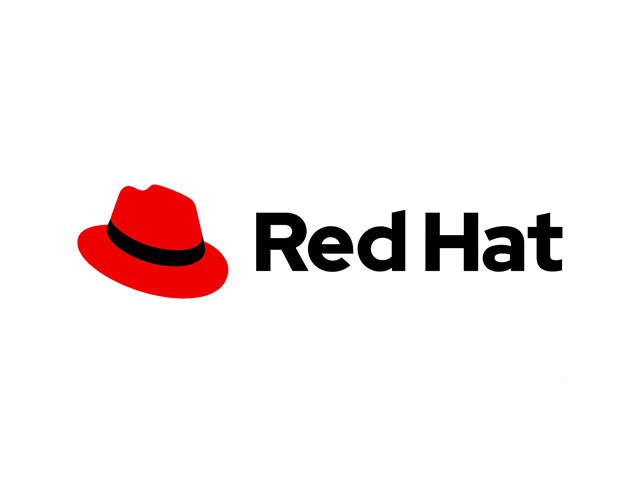Administration, configuration, and rapid deployment of Red Hat Enterprise Linux is the foundation for efficient IT infrastructure. This course will build the foundation for new Linux system administrators to efficiently and securely resolve configuration issues, integrate Red Hat Enterprise Linux with other existing systems, manage user and group administration, and use available storage solutions.
Red Hat System Administration I (RH124) is designed for IT professionals without previous Linux system administration experience. The course provides students with Linux administration competence by focusing on core administration tasks. This course also provides a foundation for students who plan to become full-time Linux system administrators by introducing key command-line concepts and enterprise-level tools.
This course is the first of a two-course series that takes a computer professional without Linux system administration knowledge to become a fully capable Linux administrator. These concepts are further developed in the follow-on course, Red Hat System Administration II (RH134).
This course is based on Red Hat® Enterprise Linux 9.0.
SKILLS ASSESSMENT
Utilize o diagnóstico de competências para descobrir quais as oportunidades de formação que mais se adequam a si, ou à sua equipa.
Objetivos
- Introduce Linux and the Red Hat Enterprise Linux ecosystem.
- Run commands and view shell environments.
- Manage, organize, and secure files.
- Manage users, groups and user security policies.
- Control and monitor systemd services.
- Configure remote access using the web console and SSH.
- Configure network interfaces and settings.
- Manage software using DNF
Impact on the organization
Administration, configuration, and rapid deployment of Red Hat Enterprise Linux is the foundation for efficient IT infrastructure. This course will build the foundation for new Linux system administrators to efficiently and securely resolve configuration issues, integrate Red Hat Enterprise Linux with other existing systems, manage user and group administration, and use available storage solutions.
Red Hat has created this course in a way intended to benefit our customers, but each company and infrastructure is unique, and actual results or benefits may vary.
Impact of this training
This course will build the foundation for those learning the key tasks to become a full-time Linux system administrator. As a result of attending this course, you should be able to perform essential Linux system administration tasks, including installation, establishing network connectivity, managing physical storage, and basic security administration.
Destinatários
- The primary persona is a technical professional with current or pending responsibilities as a Linux enterprise or cloud system administrator.
- This course is popular in Red Hat Academy, and is targeted at the student who is planning to become a technical professional using Linux.
Pré-Requisitos
Basic technical user skills with computer applications on some operating systems are expected.
Programa
- Get started with Red Hat Enterprise Linux
- Access the command line
- Manage files from the command line
- Get help in Red Hat Enterprise Linux
- Create, view, and edit text files
- Manage local users and groups
- Control access to files
- Monitor and manage Linux processes
- Control services and daemons
- Configure and secure SSH
- Analyze and store logs
- Manage networking
- Install and update software packages
- Access Linux files systems
- Analyze servers and get support
- Comprehensive review
Get started with Red Hat Enterprise Linux
- Describe and define open source, Linux, Linux distributions, and Red Hat Enterprise Linux
Access the command line
- Log into a Linux system and run simple commands using the shell.
Manage files from the command line
- Copy, move, create, delete, and organize files while working from the bash shell.
Get help in Red Hat Enterprise Linux
- Resolve problems by using local help systems.
Create, view, and edit text files
- Manage text files from command output or in a text editor.
Manage local users and groups
- Create, manage, and delete local users and groups, as well as administer local password policies.
Control access to files
- Set Linux file system permissions on files and interpret the security effects of different permission settings.
Monitor and manage Linux processes
- Evaluate and control processes running on a Red Hat Enterprise Linux system.
Control services and daemons
- Control and monitor network services and system daemons with the systemd service.
Configure and secure SSH
- Configure secure command line service on remote systems, using OpenSSH.
Analyze and store logs
- Locate and accurately interpret logs of system events for troubleshooting purposes.
Manage networking
- Configure network interfaces and settings on Red Hat Enterprise Linux servers.
Install and update software packages
- Download, install, update, and manage software packages from Red Hat and DNF package repositories.
Access Linux files systems
- Access, inspect, and use existing file systems on storage attached to a Linux server.
Analyze servers and get support
- Investigate and resolve issues in the web-based management interface, getting support from Red Hat to help solve problems.
Comprehensive review
- Review the content covered in this course by completing hands-on exercises.


